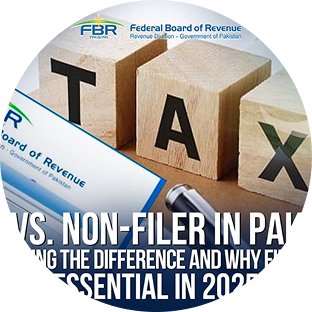Pakistan’s Filer vs Non-Filer Divide: A Tax Policy Outlier
Tax compliance frameworks across the globe are designed to enhance public revenue through inclusive, transparent, and equitable mechanisms. However, Pakistan’s tax regime continues to operate with a unique distinction between filers and non-filers—a dual system that has generated both short-term compliance and long-term criticism. The Finance Bill 2025 (FY26) reinforces this framework with stricter penalties, broader enforcement mechanisms, and enhanced legal authority for the Federal Board of Revenue (FBR).
Regional and Global Comparison
Pakistan’s approach is unique. Most jurisdictions do not formalize a binary distinction between filers and non-filers. Instead, they rely on penalties, audits, and data integration to enforce compliance.
| Country | Filer/Non-Filer System | Key Characteristics |
| Pakistan | Yes | Legal separation; high penalties and service restrictions |
| India | No | One-tier system; penalties and prosecution for non-filing |
| Bangladesh | No | Emphasis on VAT compliance and simplified returns |
| United States | No | IRS audit-based enforcement and late-filing penalties |
| United Kingdom | No | Self-assessment system; civil penalties and interest for delays |
| Nigeria | No | Withholding taxes at source; limited digital enforcement |
This comparison highlights that Pakistan is an outlier in creating administrative and financial hurdles for non-filers, instead of simplifying compliance or relying on efficient audits.




